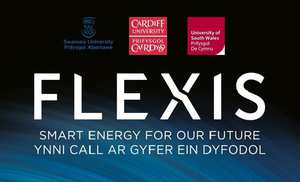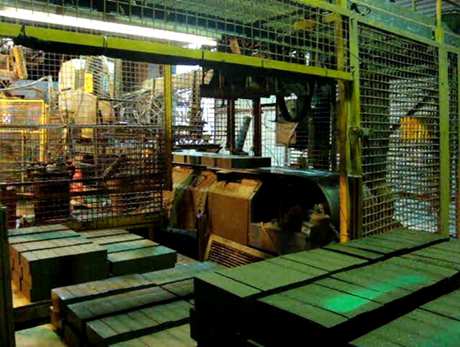Portable water supplies at Leeds Beckett
Dr. Martin Pritchard at Leeds Beckett is a Reader in Civil Engineering in the School of the Built Environment & Engineering, and has been developing research on portable water supplies for developing countries. Find out more below. In developed countries potable water is usually taken for granted, where advanced infrastructure and a strong economy has […]










